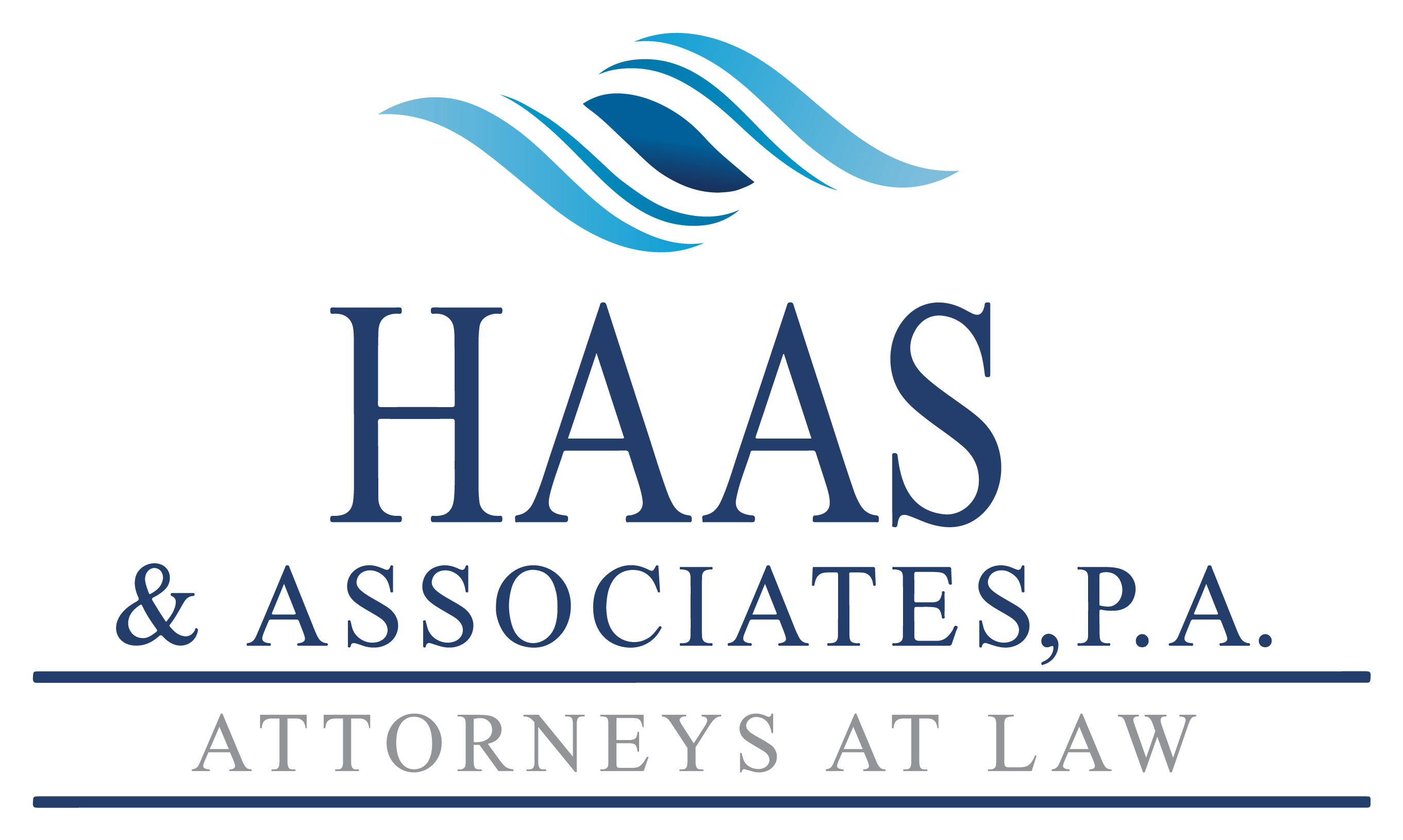Parentage Options for Same Sex Couples
Same sex couples have a variety of options when seeking to grow their families. But there are important legal and financial considerations to each decision. Learning about your options is something that will require significant research, and we are here to answer your legal questions about assisted reproduction and adoption for same sex couples. This blog post offers a general overview that goes over the most common options available today. It is vitally important, however, to speak with an attorney about what impact your marital status will play on your reproduction options.
Options for Lesbian Couples
Women who want to bring a child into their family have quite a few options available to them. Each choice comes with its own legal pros and cons, and we are happy to walk you through them. The most common options are:
- Known Sperm Donor – This is where the couple engages a man who is known to them (often a friend or even family member) to donate his sperm for conception. Insemination does NOT take place “the old-fashioned way.” A sperm donor contract should be signed by all parties, and there is often pre-donation testing required for the donor. At-home inseminations do sometimes occur (not through sexual intercourse), but there are medical and legal risks that should be discussed with your doctor and your attorney.
- Anonymous Sperm Donor – This occurs when the couple purchases sperm from a sperm bank. There are donors available who are fully anonymous (meaning you can never find out their identity), and there are also “ID Option” donors, who are willing to have their information shared with the child after the child turns eighteen. You should talk to your partner about what information you feel you and you future child may want to know about the child’s genetic background, both now and in the future.
- “Ovum sharing” or “Reciprocal In Vitro Fertilization (IVF)” – This option is increasing in popularity, and is a situation where embryos are created from the eggs of one intended mom and sperm from a donor (known or anonymous), and then said embryos are transferred to the uterus of the other intended mom to carry the pregnancy. In this case, one mom is genetically related to the child, and one mom is the birth mom.
Options for Gay Men
For men trying to bring a child into their family, you must consider both where to find the egg and who will carry the child, and both have legal implications.
- Egg Donor – Egg donors can be known (friend or family member) or anonymous (eggs received through an egg bank or IVF clinic). If you use a known egg donor, an egg donor contract will be required. Your donor will also have to undergo pre-donation testing, and meet certain criteria for donation.
- Surrogacy – If you need assistance locating a woman to carry your child, there are a variety of options, including surrogacy agencies, who can help you find a match. Surrogacy law is very new and continuing to evolve, but a detailed surrogacy contract will be required. Additionally, legal work will need to be done to ensure the correct names go on the child’s birth certificate. Surrogacy can be complicated and expensive, so it’s important that you speak with an attorney to assist you with planning your journey.
Adoption for Same Sex Couples
Adoption options will vary based on the specifics of your family situation (your marital status, whether one of you is biologically related to the child, etc.). There are adoption issues related to assisted reproduction, but there are also adoption options available for a couple who wants to adopt a child that has already been born, and is not biologically related to either of them (such as a foster child, or the child of a relative). It is important to speak with an attorney because parentage for same sex couples is not a settled area of law in North Carolina (and many other states).
Contact Us
There are a variety of legal issues that need to be addressed for same sex couples who are growing their families. Here at Haas & Associates, we have helped many LGBTQ couples through these life-changing journeys, and we are here to help you as well. To schedule a consultation, contact us or call (919) 783-9669 today.
